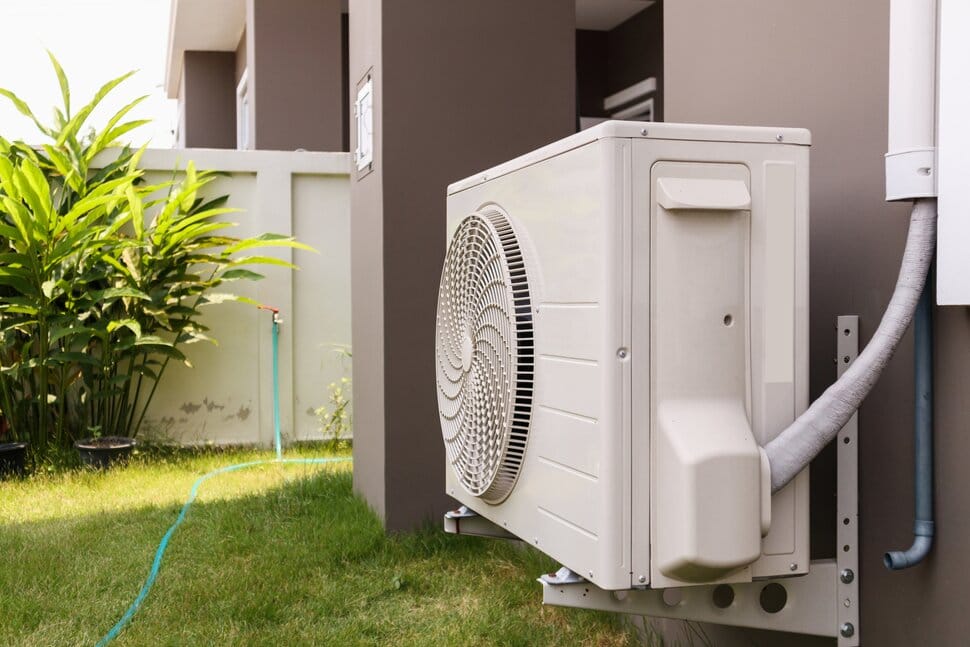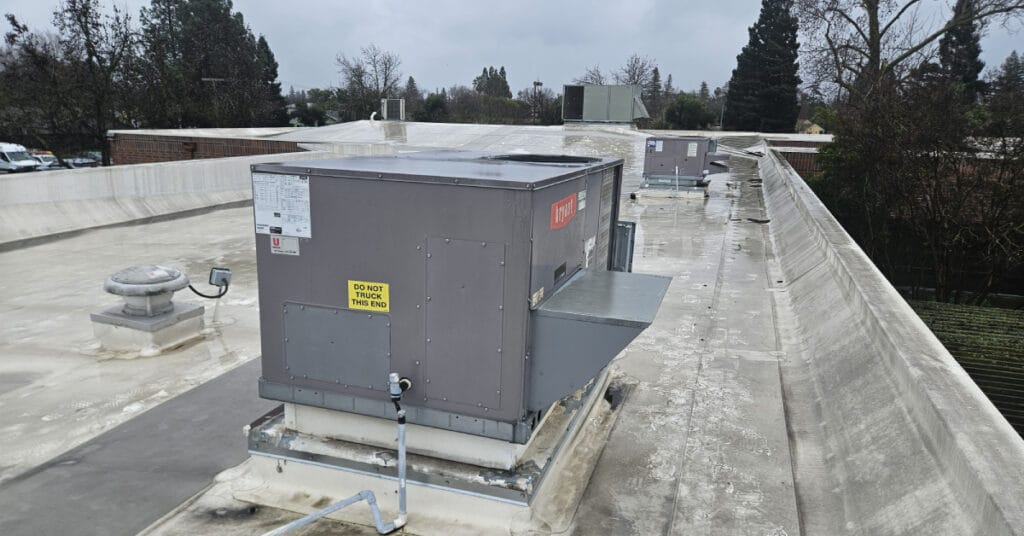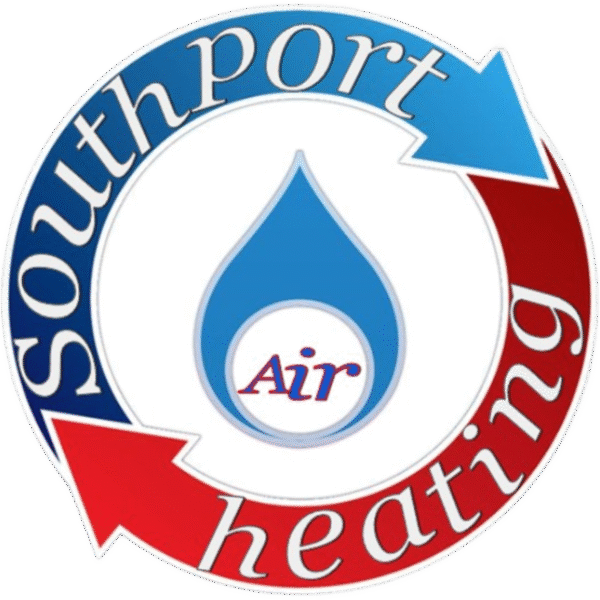
HVAC: What Is It and How Does It Work?
HVAC systems play a critical role in keeping our homes comfortable. But, what is HVAC? HVAC refers to Heating, Ventilation, and Air Conditioning. It is an extensive system that maintains a building’s inside environment, assuring comfort and air quality throughout the year. Whether it’s a hot summer day or a cold winter night, your HVAC system works hard to keep the ideal indoor atmosphere.
To understand how HVAC systems work, we must first split them down into three major components: heating, ventilation, and air conditioning. The heating system keeps your home warm in cold times. This can be accomplished through a variety of technologies, including furnaces, boilers, and heat pumps. These gadgets generate heat and disperse it throughout your home to keep the temperature comfortable.
Ventilation is critical to sustaining indoor air quality. It entails exchanging or replenishing air within an area to eliminate moisture, smells, smoke, heat, dust, airborne bacteria, and CO2. Proper ventilation allows you to breathe fresh air while lowering the risk of indoor air pollution.
New HVAC System Cost in Sacramento For 2025 – Southport
Airing Out Your Home: How Often Is Best in 2025?
Thermodynamics, fluid mechanics, and heat transport are the fundamental principles of HVAC systems. They function by adjusting the temperature, humidity, and air quality of a building to ensure maximum comfort. During the heating cycle, a furnace or heat pump generates heat and distributes it throughout your home via ductwork or pipes. Thermostats regulate temperature by turning on and off heating devices as needed to maintain the appropriate level of warmth. During the cooling cycle, an air conditioner or heat pump extracts heat from the indoor air. The refrigerant absorbs heat from the air within your home and expels it outdoors. The cooled air is subsequently recirculated throughout the living spaces. Ventilation entails bringing in fresh outside air while expelling inside air. This can be accomplished naturally through windows and vents, or mechanically via fans and duct systems. Proper ventilation helps to control humidity and reduce pollutant buildup.
Types of HVAC Systems
HVAC systems are classified into numerous varieties, each of which is designed to satisfy distinct needs. Split systems are the most popular type of HVAC system. They are made up of two parts: an outside unit (condenser and compressor) and an indoor unit (evaporator coil). These systems are efficient and provide effective climate control. Hybrid systems combine a heat pump and a furnace, providing greater flexibility and energy efficiency. They may switch between electric and gas power depending on the weather conditions. Ductless systems, sometimes known as mini-split systems, are perfect for homes that lack ductwork.
They consist of an outside unit and one or more indoor units that provide zoned heating and cooling without the use of ducts. Packaged systems combine all of the HVAC components into a single unit, which is typically positioned outside the residence. These compact systems are frequently employed in smaller houses or areas with limited indoor space.
Benefits of HVAC Systems
The primary benefit of HVAC systems is the comfort they provide. By regulating temperature and humidity, they create a pleasant indoor environment regardless of the weather outside. HVAC systems also improve indoor air quality by filtering out pollutants, allergens, and contaminants. Proper ventilation and air filtration ensure you breathe clean, fresh air. Modern HVAC systems are designed to be energy-efficient, reducing your utility bills and environmental impact. High-efficiency models use less energy to provide the same level of comfort, making them cost-effective in the long run.
Choosing the Right HVAC System
Choosing the right HVAC system begins with determining your requirements. Consider your home’s size, climate, and budget. A competent HVAC provider, such as Southport Heating & Air, can advise you on the ideal system for your specific needs. Consider HVAC systems with high energy efficiency ratings, such as SEER (Seasonal Energy Efficiency Ratio) for air conditioners and AFUE (Annual Fuel Utilization Efficiency) for furnaces. Higher ratings indicate improved energy efficiency. While high-efficiency systems may cost more up front, they can save you money in the long run by lowering energy bills and requiring fewer repairs. When planning a new HVAC system, keep long-term savings in mind.

For optimal performance and safety, it’s recommended to have your HVAC system installed by a professional. They have the expertise to ensure the system is set up correctly and efficiently. If you’re a seasoned DIY enthusiast, you might consider installing a duct-free system yourself. Ensure you follow the manufacturer’s instructions carefully and understand the electrical requirements. Avoid common installation mistakes such as incorrect sizing, improper placement, and poor ductwork. These can lead to inefficiencies and increased energy costs.
HVAC System Maintenance
Regular maintenance is critical to the longevity and effectiveness of your HVAC system. This involves replacing filters, cleaning coils, and checking refrigerant levels. Schedule a yearly inspection by a certified HVAC specialist. They can discover and resolve any issues before they escalate, ensuring that your system functions smoothly. Thermostat difficulties, unclean filters, and refrigerant leaks are among the most common HVAC issues. Troubleshoot these issues by checking the thermostat settings, replacing filters, and analyzing the system for leaks.
HVAC Systems and Sustainability
Geothermal heat pumps and solar-powered air conditioners are examples of environmentally friendly HVAC systems. These devices help you lower your carbon footprint and energy use. To lower your carbon footprint, install high-efficiency HVAC systems, service them on a regular basis, and consider incorporating renewable energy sources into your home. Many governments provide incentives and refunds for implementing energy-efficient HVAC systems. Check with your local authorities to discover what initiatives are available to assist you save money on your investment.
Smart HVAC Systems
Smart HVAC systems can be integrated with your home’s smart technology, allowing you to control your system remotely via smartphone or voice commands. This offers convenience and energy savings. Smart HVAC systems provide personalized comfort settings, energy usage monitoring, and automatic adjustments based on your preferences and schedule. They enhance efficiency and convenience. Popular smart HVAC products include smart thermostats like the Nest Learning Thermostat, Ecobee SmartThermostat, and Honeywell Home T9. These devices offer advanced features and integration with other smart home systems.
HVAC Systems in Different Climates
HVAC demands vary depending on the climate. In frigid climates, heating is the most important consideration. Heat pumps and furnaces are often utilized, and insulation is essential for maintaining heat and lowering energy use. In warmer weather, air conditioning is vital. High-efficiency air conditioners and correct shading can help keep your home cool while reducing energy consumption. Humidity control is critical in humid settings to avoid mold growth and provide comfort. Dehumidifiers and air conditioners with humidity controls are advised. In dry climates, maintaining indoor humidity is important. Humidifiers can help add moisture to the air, preventing dryness and improving comfort. Humidifiers can help to provide moisture to the air, reducing dryness and increasing comfort.
Cost of HVAC Systems
The cost of an HVAC system includes initial costs, operational costs, and long-term savings. The initial cost of an HVAC system varies based on the type, size, and efficiency. Installation costs should also be considered. Operational costs include energy bills, maintenance, and repairs. High-efficiency systems can reduce these costs over time. Investing in an energy-efficient HVAC system can lead to significant long-term savings on energy bills and maintenance costs. Consider these savings when evaluating the cost of a new system.
HVAC systems are an essential part of modern life, offering comfort, air quality, and energy efficiency. Understanding how these systems function and selecting the best one for your needs can significantly improve your home’s comfort and efficiency. Regular maintenance and clever modifications may boost performance and sustainability, making HVAC systems a vital investment for any homeowner. If you require experienced guidance or service, do not hesitate to call Southport Heating & Air at (916)-606-3076.

